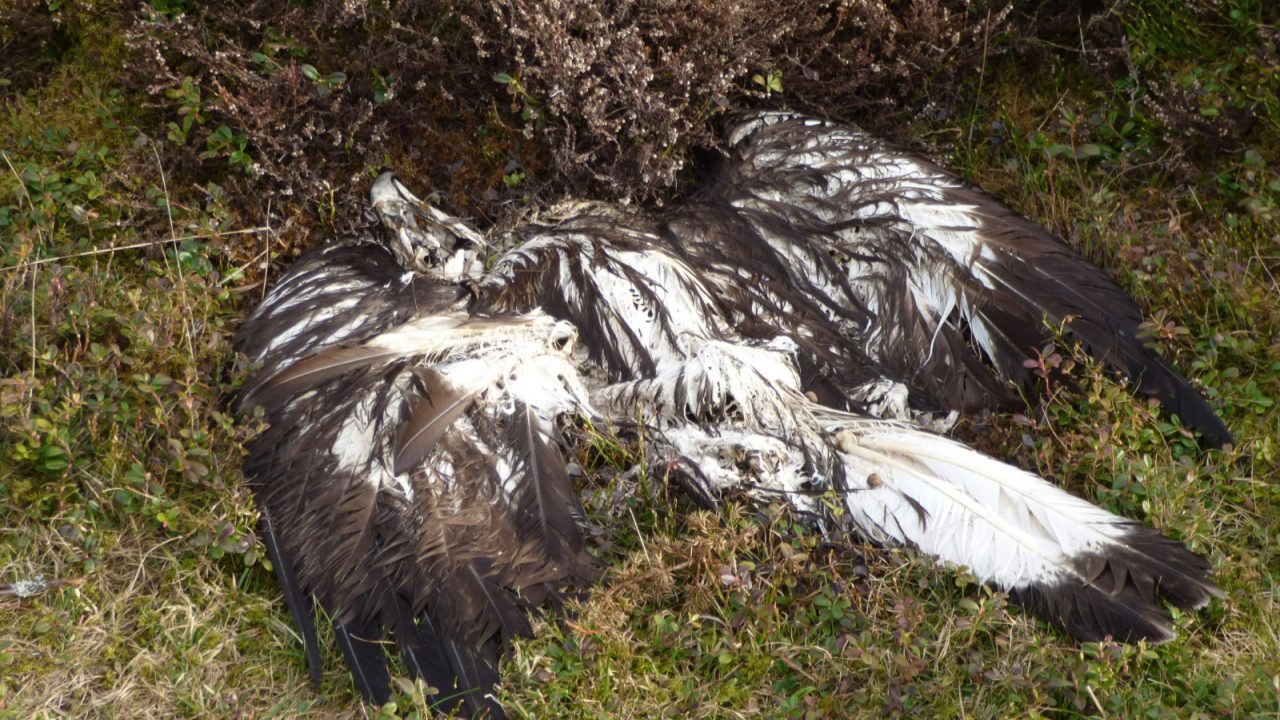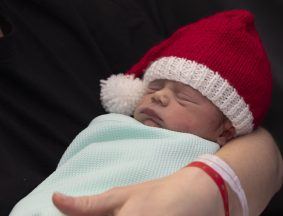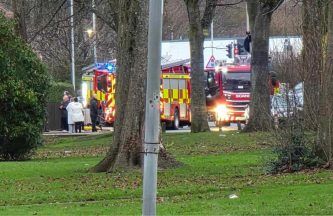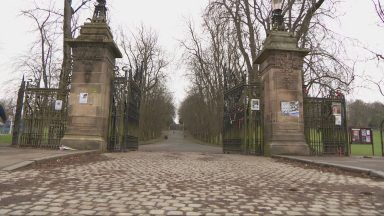Protected birds of prey continue to be illegally shot, trapped and poisoned in Scotland, according to a leading conservation charity.
Land managed for gamebird shooting has resulted in a number of high-profile cases of illegal shooting, the Royal Society for the Protection of Birds (RSPB) has claimed.
The charity have welcomed the Scottish Government’s commitment to tackling bird of prey crime, outlined in the Programme for Government.
Measures including a licensing scheme for driven grouse shooters have been brought forward.
The RSPB say the new systems must be robust and act as a deterrent to longstanding illegal behaviours.
In the Birdcrime 2021 report, published by the charity on Tuesday, 108 confirmed incidents of bird of prey persecution in the UK are uncovered.
One example given in the report is the poisoning of a golden eagle found in Aberdeenshire.
The eagle was found lying beside a dead hare laced with the same deadly banned pesticide.
The incident occurred on a grouse shooting estate with a history of raptor persecution within the Cairngorms National Park.
In 2021, over two thirds (71%) of all confirmed incidents of raptor persecution across the UK were linked to land managed for gamebird shooting.
Newer forms of more toxic rodenticides (rat poison) to target birds of prey is also, according to the report, becoming an increasing concern.
This represents a danger not just for birds of prey but for other wildlife, people and pets who may come into contact with these deadly substances.
The RSPB is calling for changes to authorised outdoor use of these products including tighter controls to prevent access by wildlife.
All birds of prey have been protected by law since the 1950s and under the Wildlife and Countryside Act 1981.
However, they have continued to be shot, trapped and poisoned despite legislation with a minimum of 68 golden eagles being illegally killed in Scotland since 1981, the vast majority falling victim to illegal poisoning on grouse moors.
The Birdcrime totals were confirmed with the help of scientific papers, intelligence reports, eye witness testimony and satellite tagging studies of species such as hen harrier and golden eagle.
However, the RSPB say the numbers are only the “tip of the iceberg” with many killings going undetected and unreported.
The rare moorland species of hen harriers is also regularly affected by raptor persecution with population studies over the last three decades identifying the illegal activity as reason for the decline.
Satellite tag data from 2021 revealed three hen harriers from a small breeding population in the south of Scotland suspiciously disappeared. The charity said the birds had likely been illegally killed in areas managed for driven grouse shooting.
Ian Thomson, RSPB Scotland head of investigations, said: “Year after year the patterns of crimes against birds of prey are depressingly consistent. Scotland’s raptors are being shot, poisoned, trapped, or their nesting attempts destroyed, where land is intensively managed for driven grouse shooting. We are also seeing satellite-tagged birds disappearing in suspicious circumstances.
“While we have commended steps taken by successive Scottish governments, Police Scotland and NatureScot to try tackle this issue, we have long argued that until the grouse shooting industry was regulated, these crimes will continue. This is clearly borne out by the figures we are publishing today. With this in mind, we warmly welcome grouse moor licensing being part of the Scottish Government’s current legislative programme and look forward to contributing positively to its progress.”
Beccy Speight, RSPB chief executive, said: “The evidence shows that the illegal persecution of birds of prey – which is time and time again linked to gamebird shooting – is holding back the recovery of some key species. This year’s Birdcrime report is another reminder of the appalling methods deployed by some, and why there is a need for swift and effective change in our countryside.”
Follow STV News on WhatsApp
Scan the QR code on your mobile device for all the latest news from around the country


 RSPB
RSPB

























